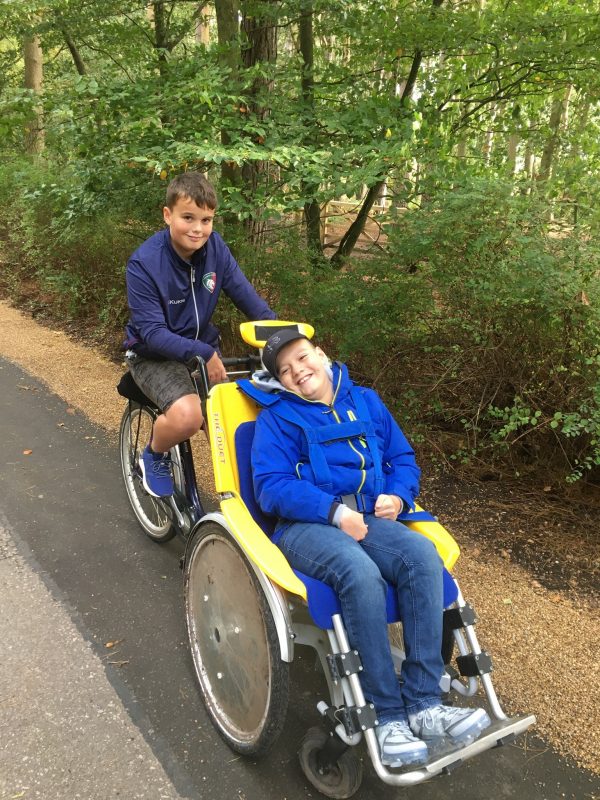
Ryan’s Story: Mismanagement of pregnancy leading to cerebral palsy
Failure to manage high blood pressure in pregnancy leads to cerebral palsy. We obtained an early admission of liability from the Defendant Trust for a
Brain Injury Compensation
Assistive technology enables those living with brain injury to achieve some independence and engage more fully with their environment. It is an important element of any brain injury compensation claim.
At CL Medilaw, we believe that our clients should be empowered to interact with their environment and have as much independence as is possible. Assistive technology can be used in multiple ways to achieve this independence, whether it be a simple piece of software on a tablet computer, or a fully-fledged system of electronic environmental controls installed around the home.
Assistive technology is a vast subject, but broadly speaking, these are the types of things that are available to those living with a brain injury, and that form part of a brain injury compensation claim:
These range from very simple charts and picture books, through to specialist electronic communication aids with joystick, switch or eye-gaze operation. Voice-output technology is becoming more widely available, which allows the user to generate sentences that are spoken for them by the device, enabling them to communicate their own needs and engage in conversation with others.
Environmental controls encompass a range of technology that enables the user to perform many of the ordinary daily tasks of living that would otherwise be impossible due to their disabilities. For example, automated doors, windows, curtains and light-switches can be installed in an adapted property to allow an individual to move around their home and change their environment without having to rely on others.
Tablet computers with specialist software or adaptations to mobile phones, PCs or gaming hardware can be provided to aid in a person’s education, work and leisure activities, allowing them to operate devices themselves or with limited assistance.
When care is being provided by people outside of the family, it can be beneficial to have items such as keypad operated door locks installed for security and to prevent loss of keys, and a separate computer for carers to perform admin tasks. A carer may also benefit from training in the use of any technology and procedures for updating software to ensure that the brain injured individual is always supported in their use of assistive technology.
Early access to assistive technology can make a real difference to how a child engages with their education and interacts with their environment, so the earlier it can be introduced, the better. Obtaining funds from a brain injury compensation claim can allow assistive technology to be introduced at the earliest stage possible with the necessary training, support and reviews, to ensure children living with disabilities can reach their true potential.
For a free initial consultation
This data will only be used by CL Medilaw for processing your query and for no other purpose.
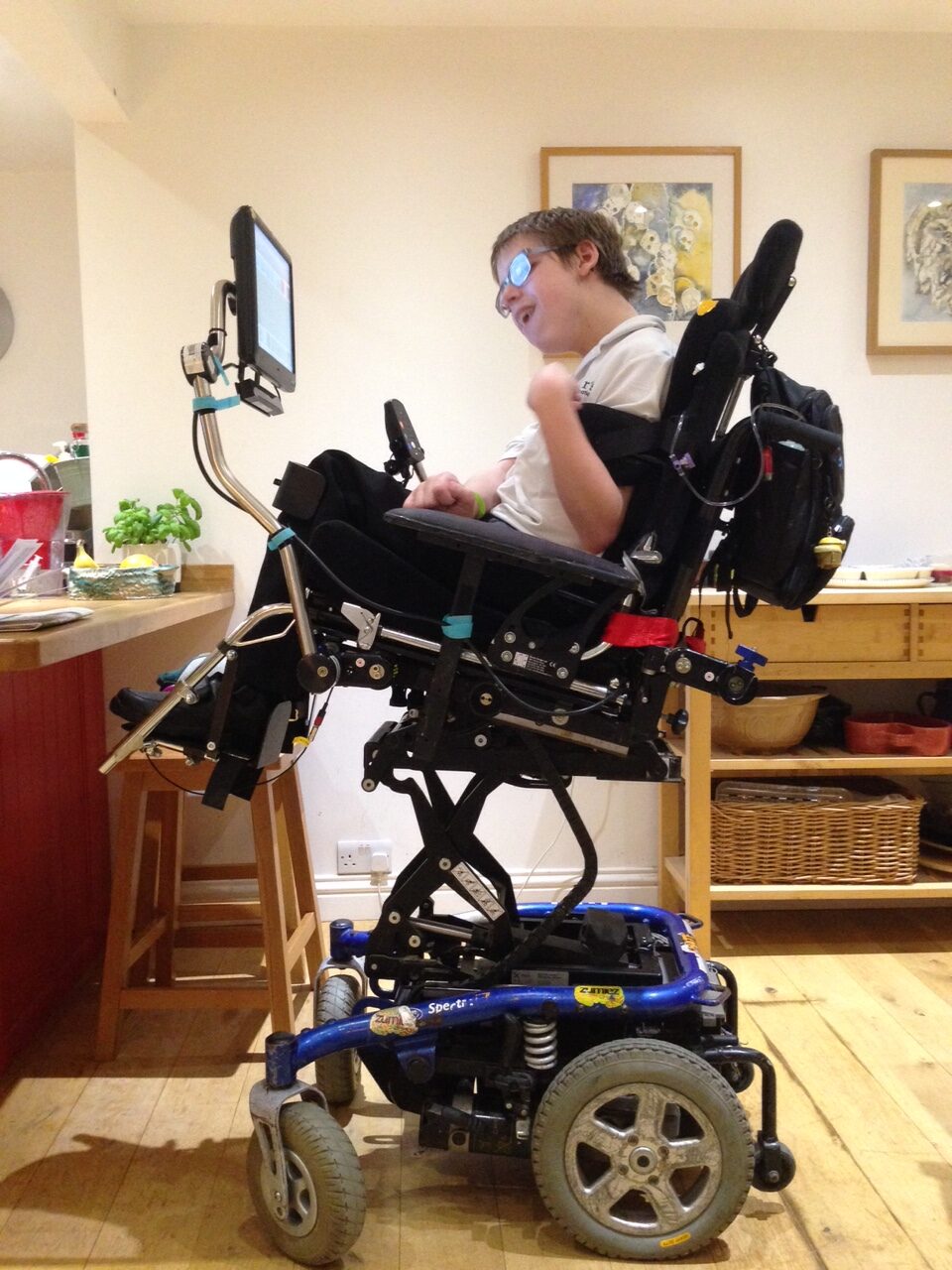

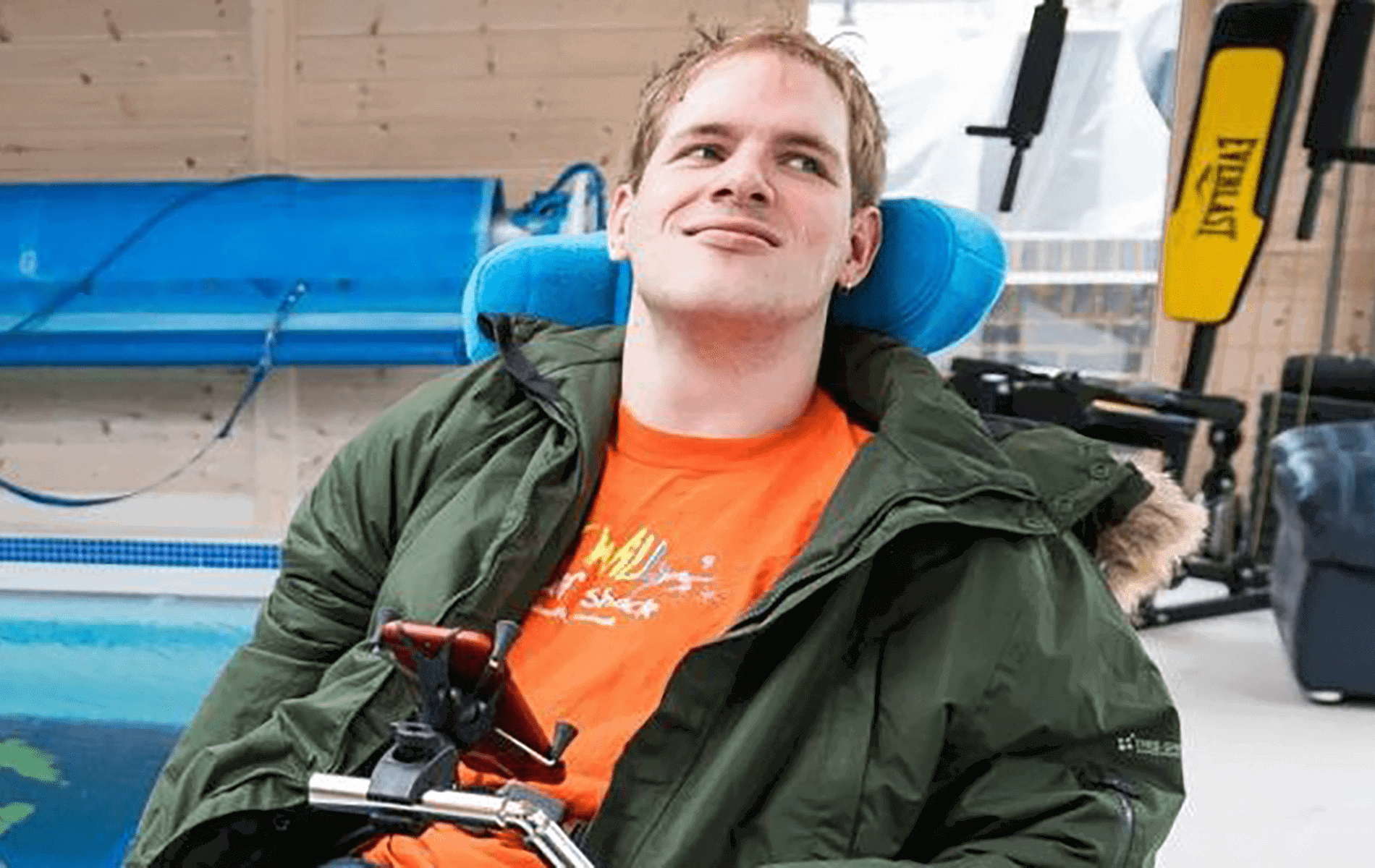
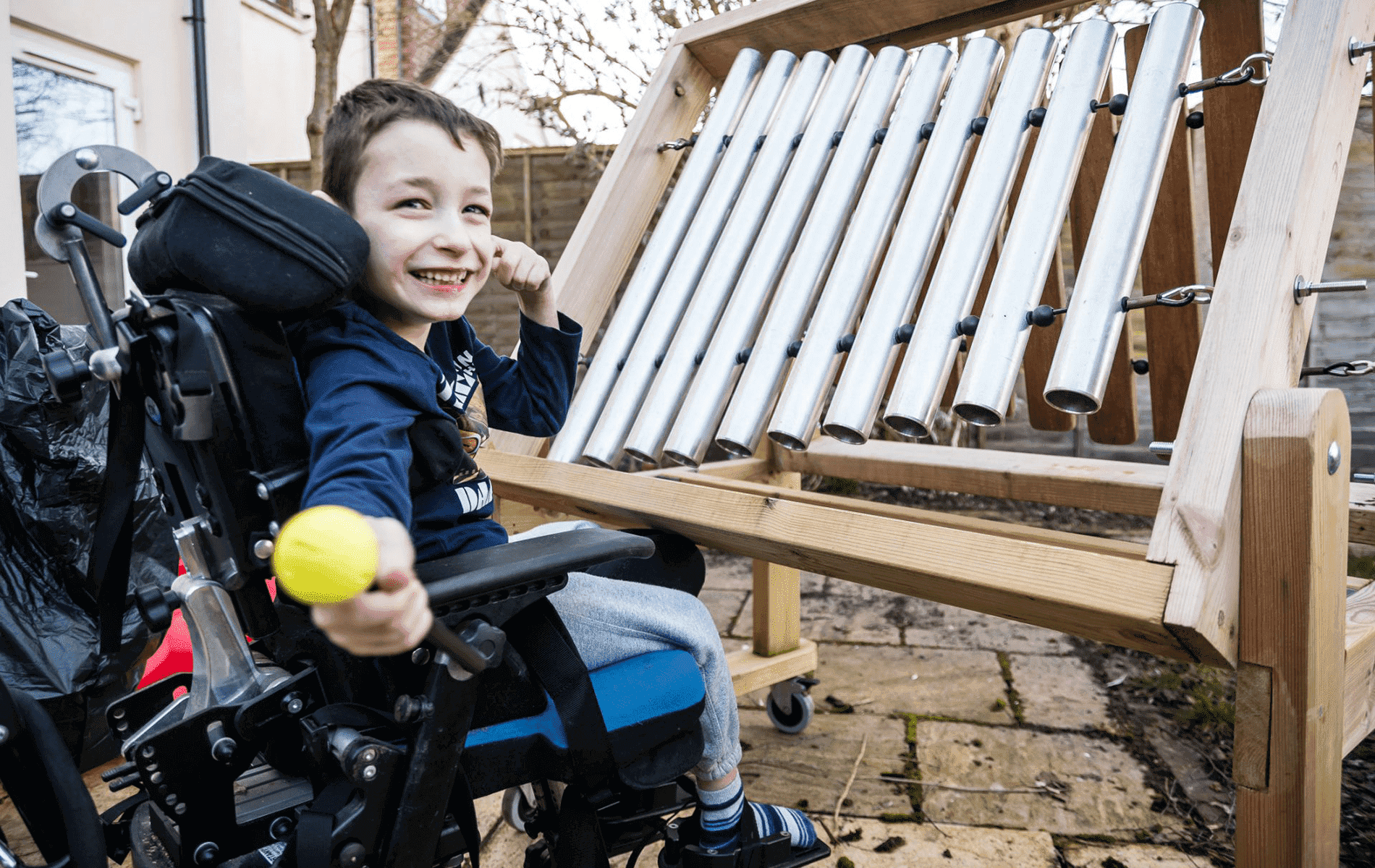
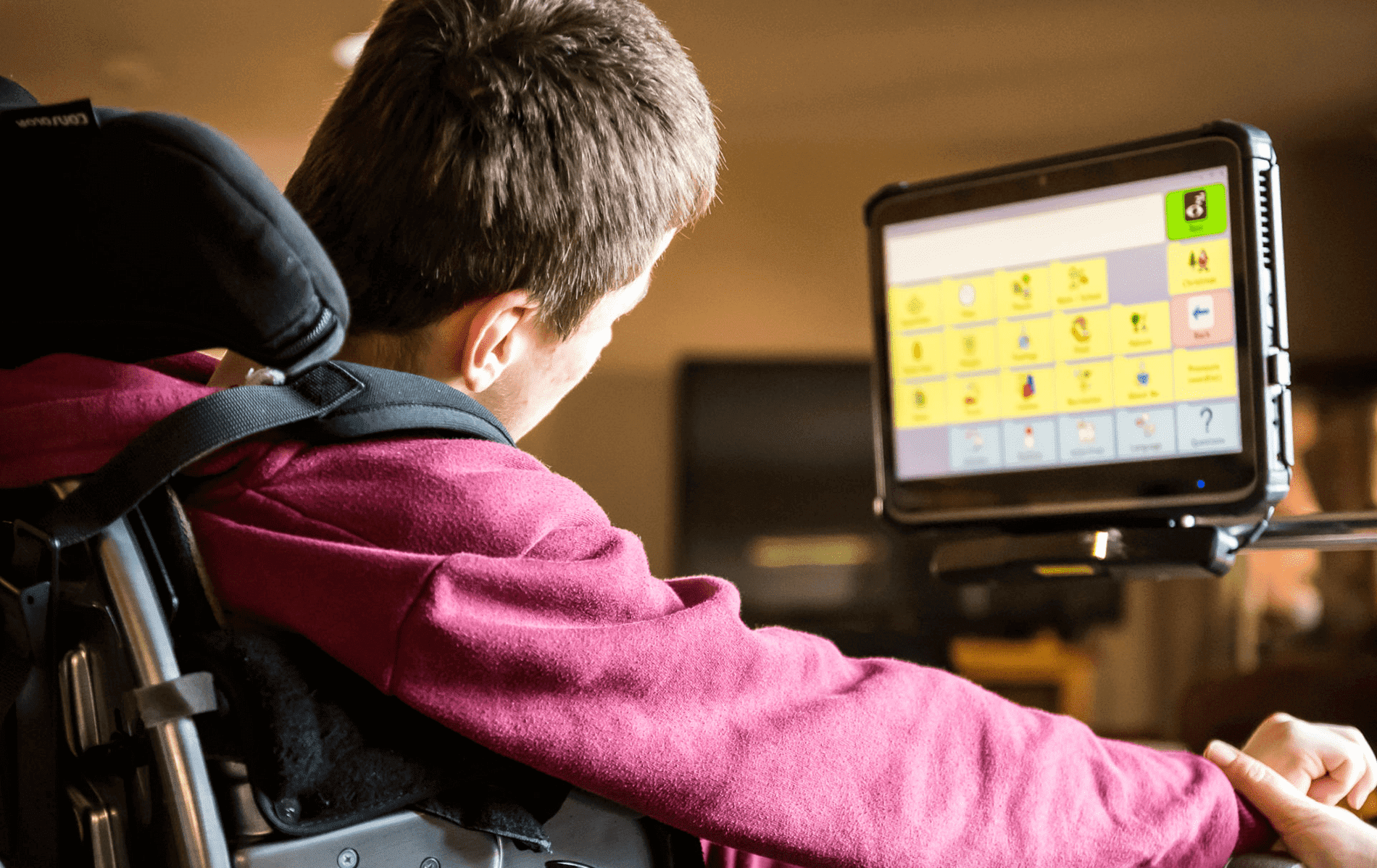
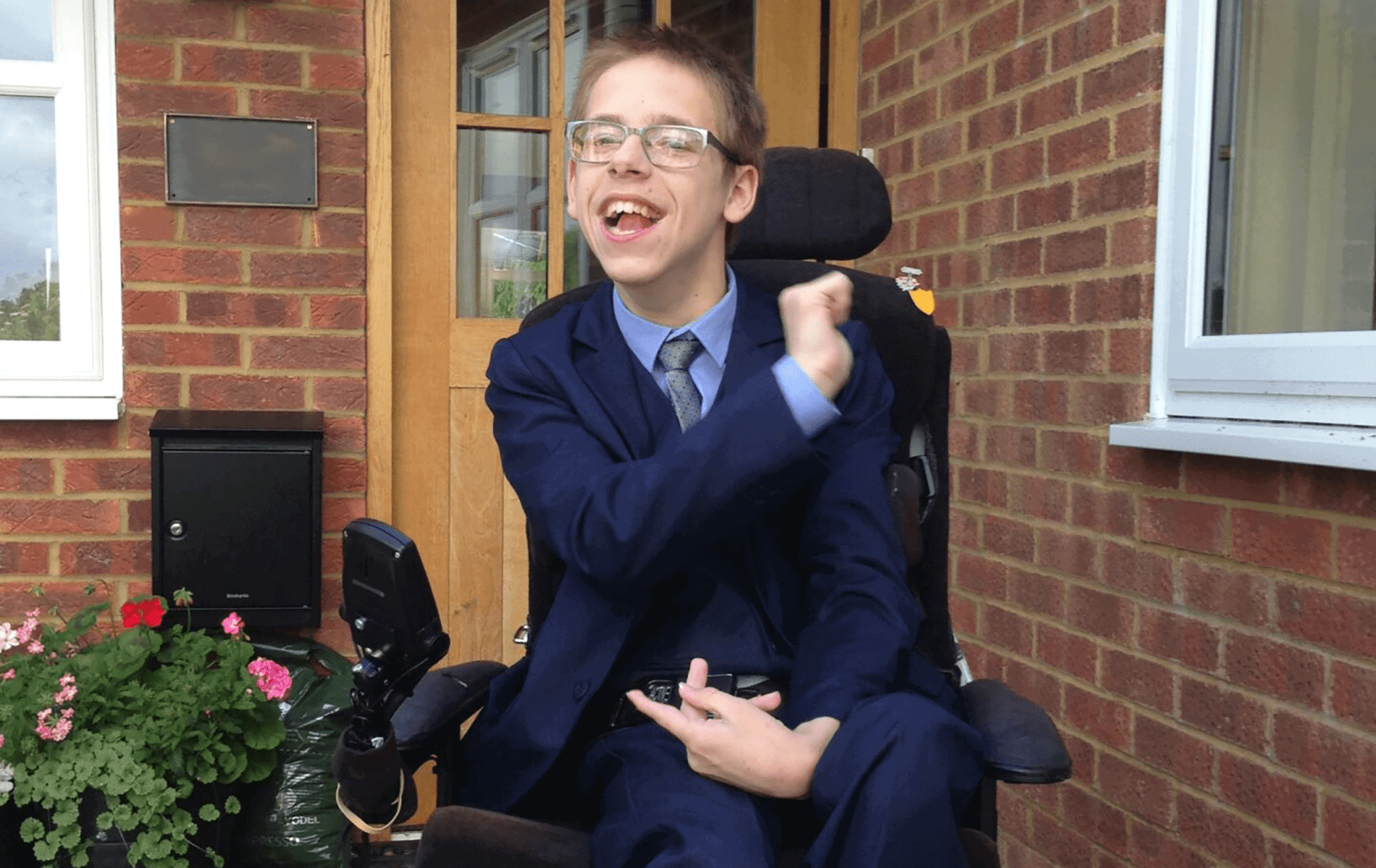
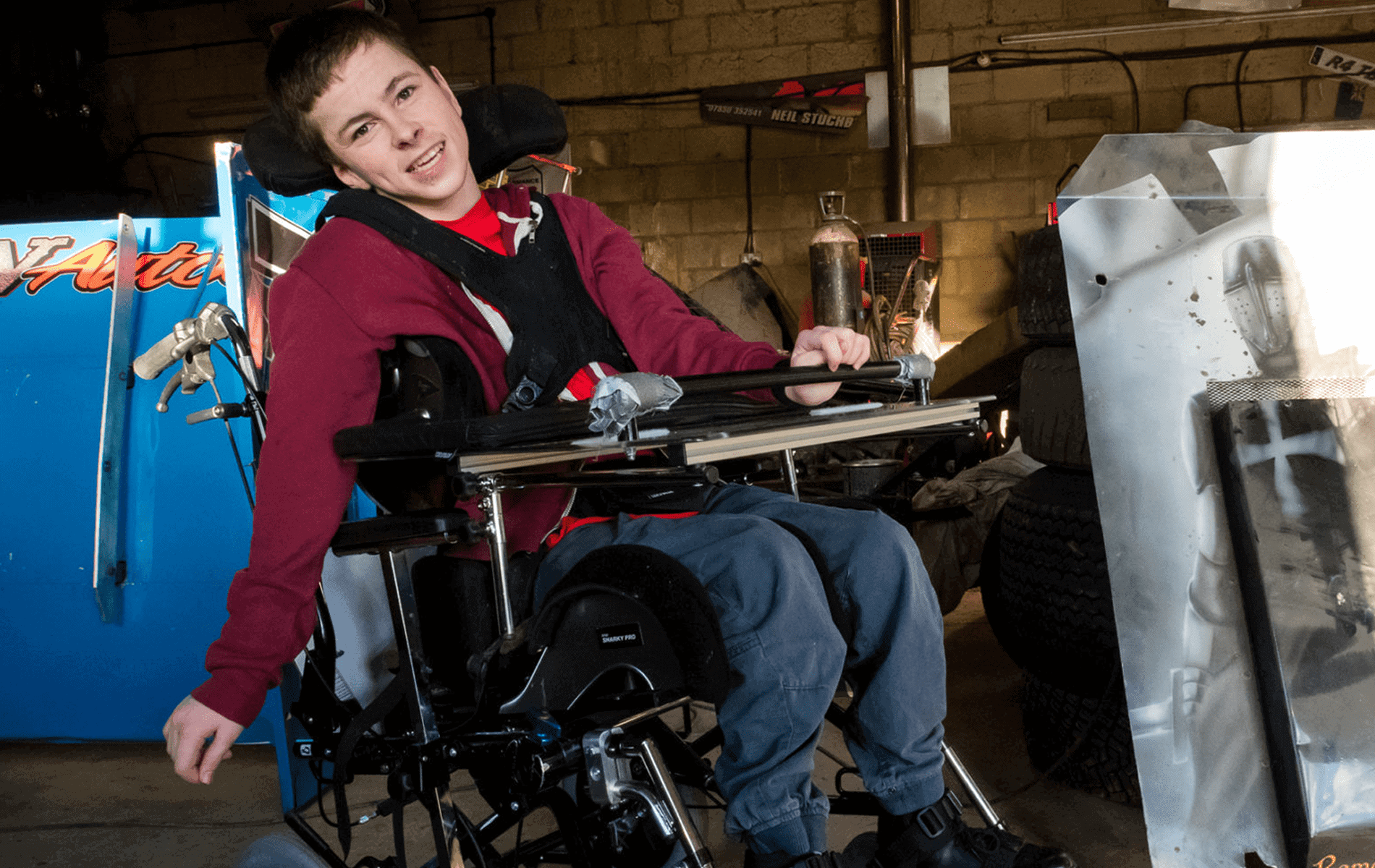
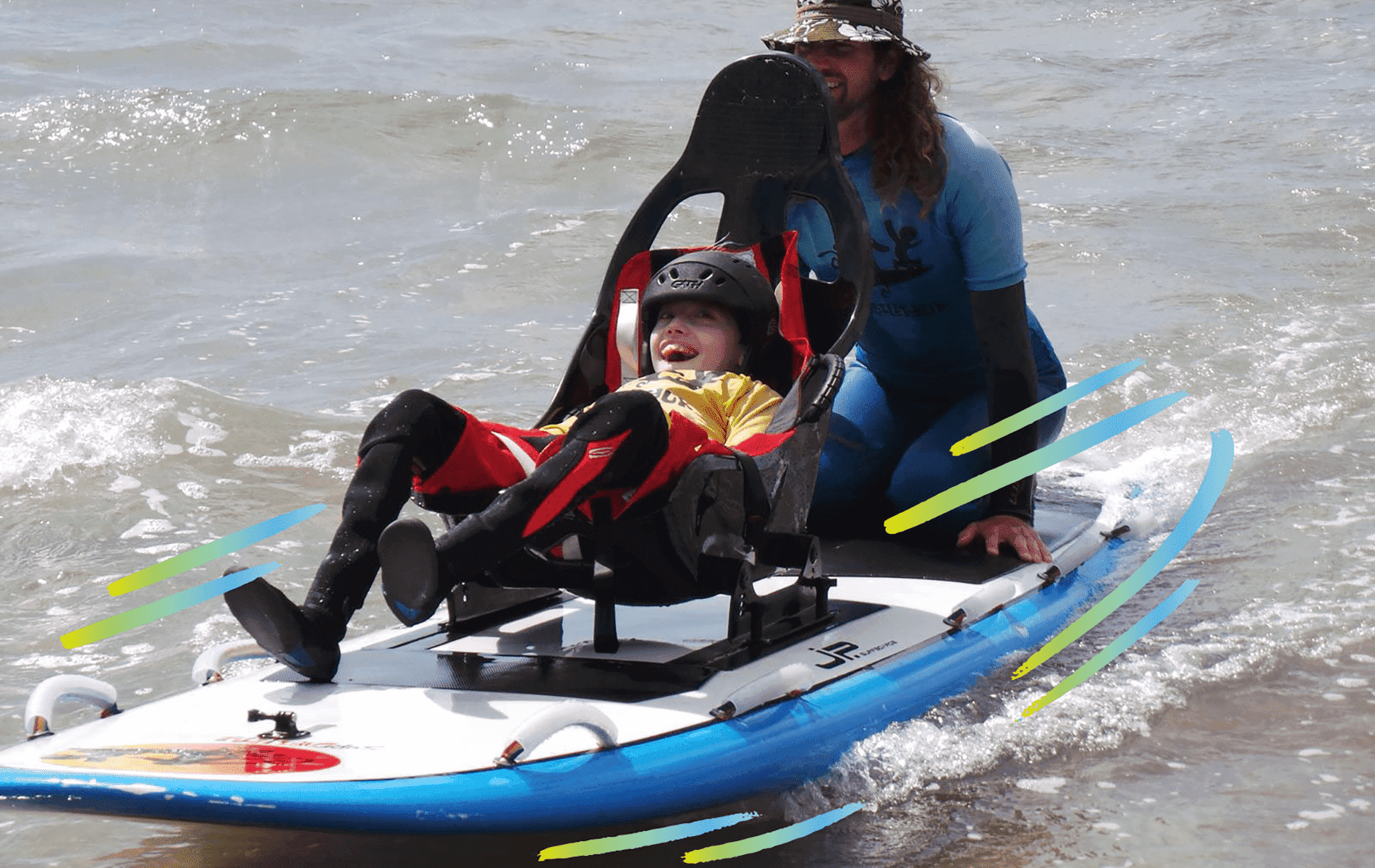
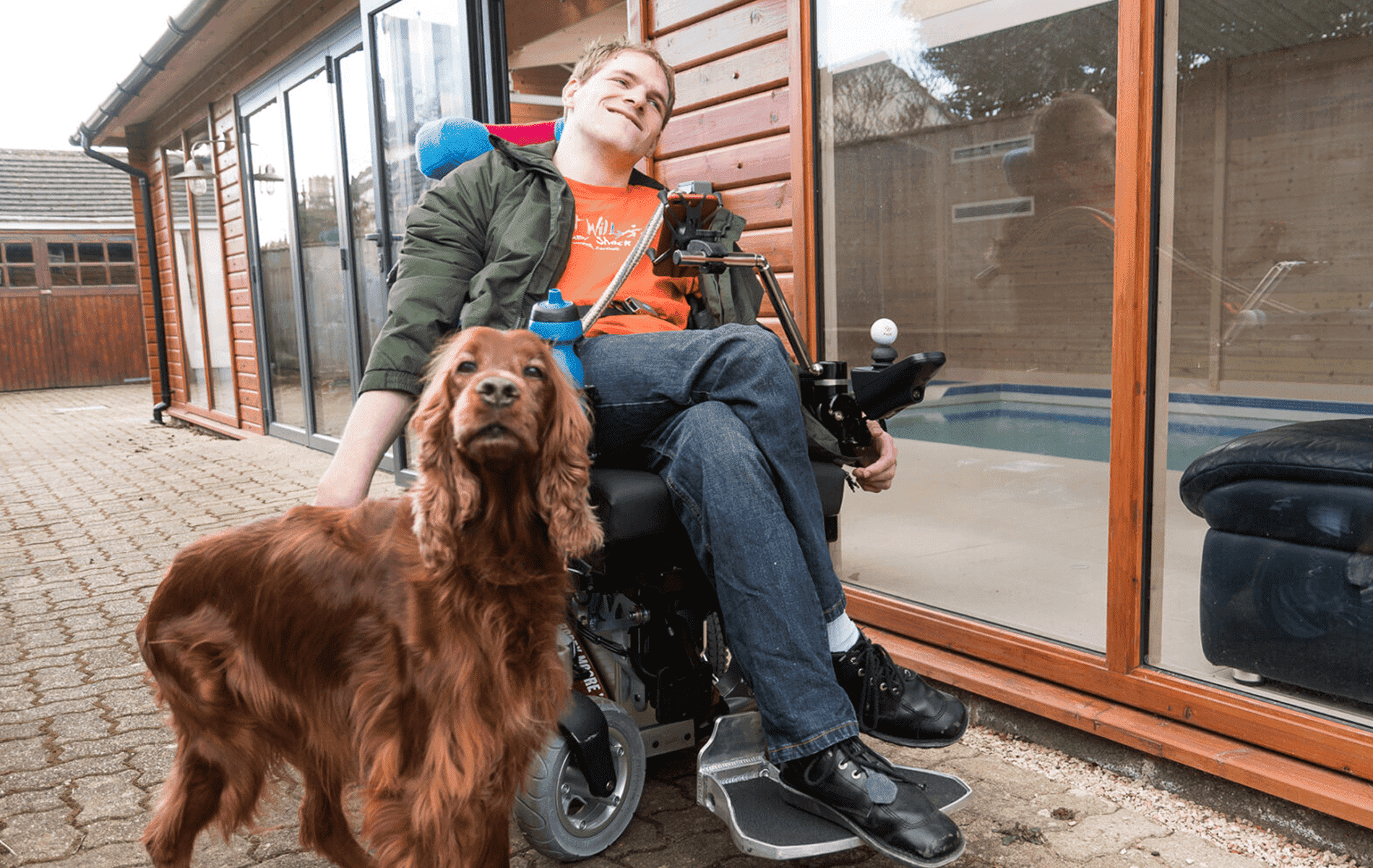

Failure to manage high blood pressure in pregnancy leads to cerebral palsy. We obtained an early admission of liability from the Defendant Trust for a
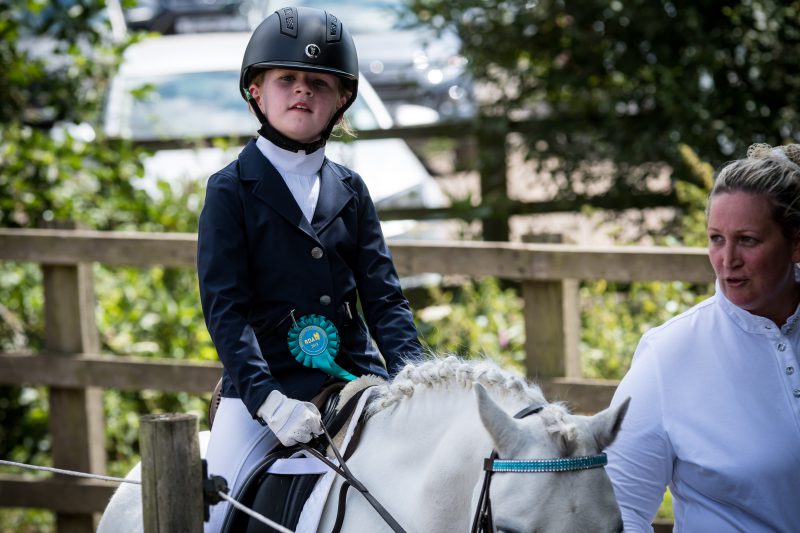
What happened? Elan’s mother had a normal pregnancy but problems developed in labour. There was a failure by the medical staff looking after Elan’s mother
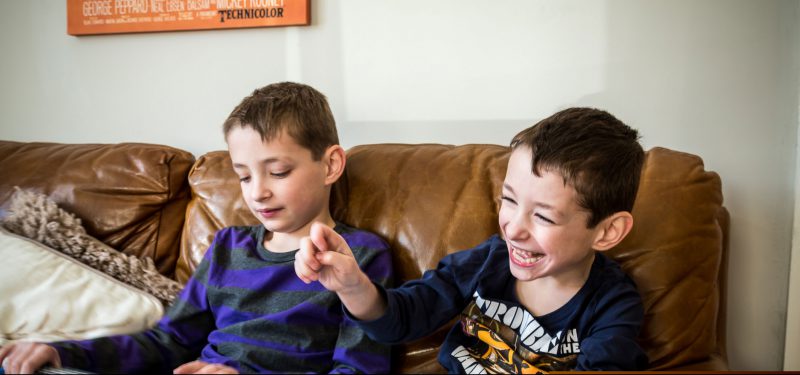
Charlie was born extremely premature and developed spastic quadriplegic cerebral palsy, learning difficulties and epilepsy. Charlies lives a very fulfilling life and wants to share
Our experienced partners will be on hand to support you throughout the process







CL Medilaw © 2024